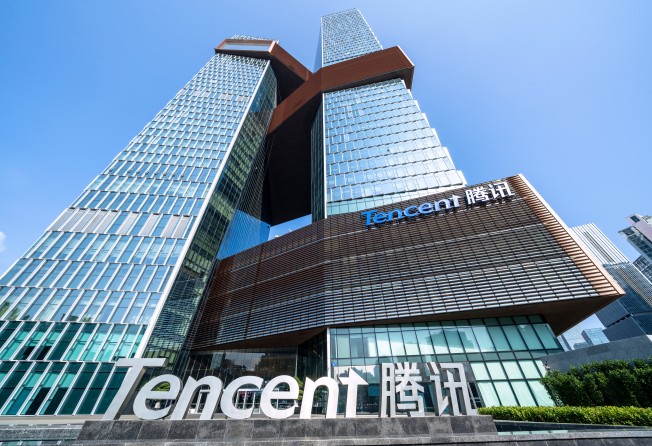Tencent, Alibaba tighten platform rules on digital collectibles as NFTs remain a grey area in China
- Buyers who use specialised software to snatch up NFTs during sales, or those who engage in money laundering and fraudulent activities, will be reported to authorities
- Tencent’s super app WeChat has over the past few weeks banned several mini programs offering digital collectibles

Tencent Holdings and Alibaba Group Holding are tightening rules that apply to non-fungible tokens (NFTs) on their platforms, as Chinese tech giants take preemptive measures to avoid potential scrutiny of the tokens, which are referred to as digital collectibles in the country because NFTs still operate in a grey area.
In newly updated terms of service, Alibaba affiliate Ant Group’s NFT platform Jingtan said that it would “alert the police and hand over [details] to judicial authorities” if users are found to be organising transactions outside the platform in ways that constitute criminal activities.
Print option is available for subscribers only.
SUBSCRIBE NOW